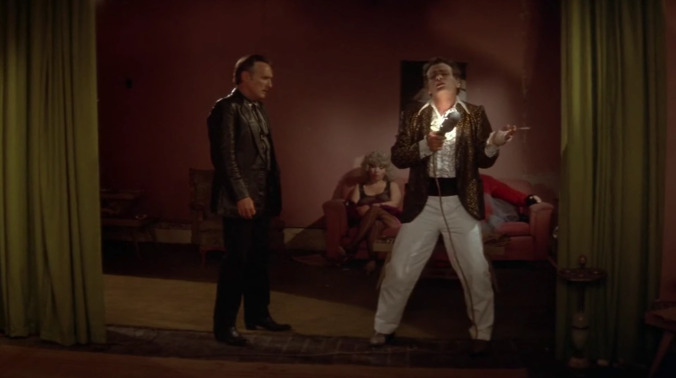Here's why David Lynch refuses to explain what his films mean
David Lynch’s reticence toward interviews is famous. He’s always refused to provide any explanation or analysis of his films, even as those same films send audiences scrambling for answers in their wake. Much has been made of this over the years. If you’re a fan of David Lynch’s work, you’ve just come to enjoy debating its meaning forever.
An excellent video essay from What’s So Great About That? digs deep into the filmmakers’ archives in order to argue that this reticence toward analysis is actually one of his core themes. It comes from a distrust of language, a conviction that it’s an inept tool for conveying the broader, richer thoughts lurking below the surface, and trailing all sorts of value judgments and connotations. This goes back to some of his earliest work, like the 1968 short film “The Alphabet,” which features letters scurrying around and terrifying a child in the dead of night, as well as much of his visual work, like his kits for reassembling dead fish. Just because you can put it back together doesn’t mean that you’ve brought the fish back to life, and just because you can use words to reassemble someone’s thoughts doesn’t mean you’ve fully understood them.

